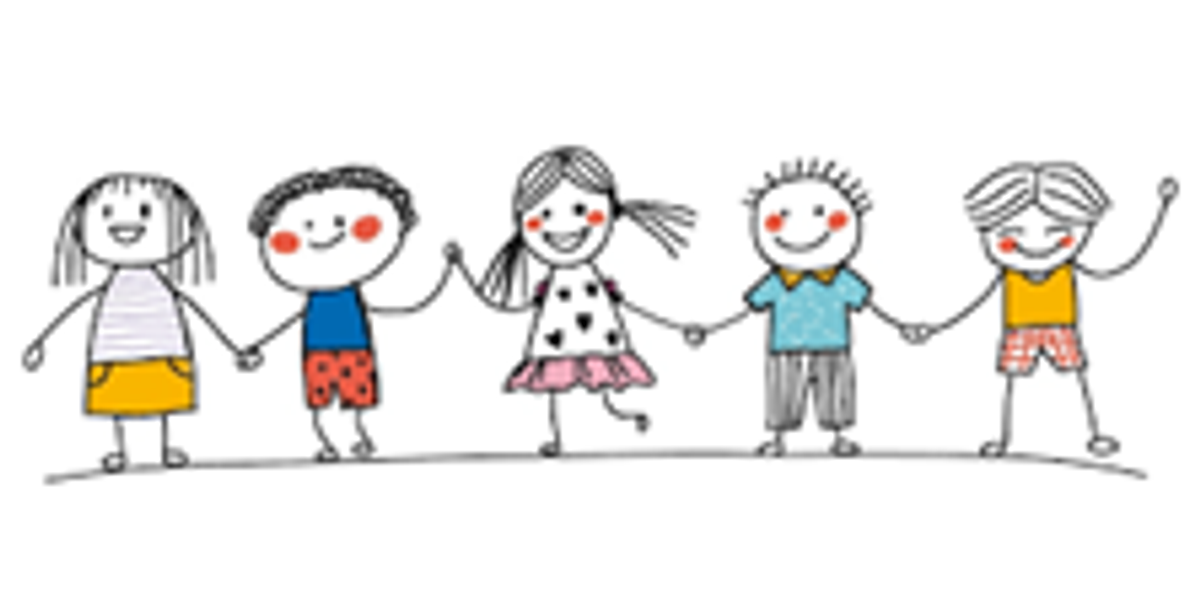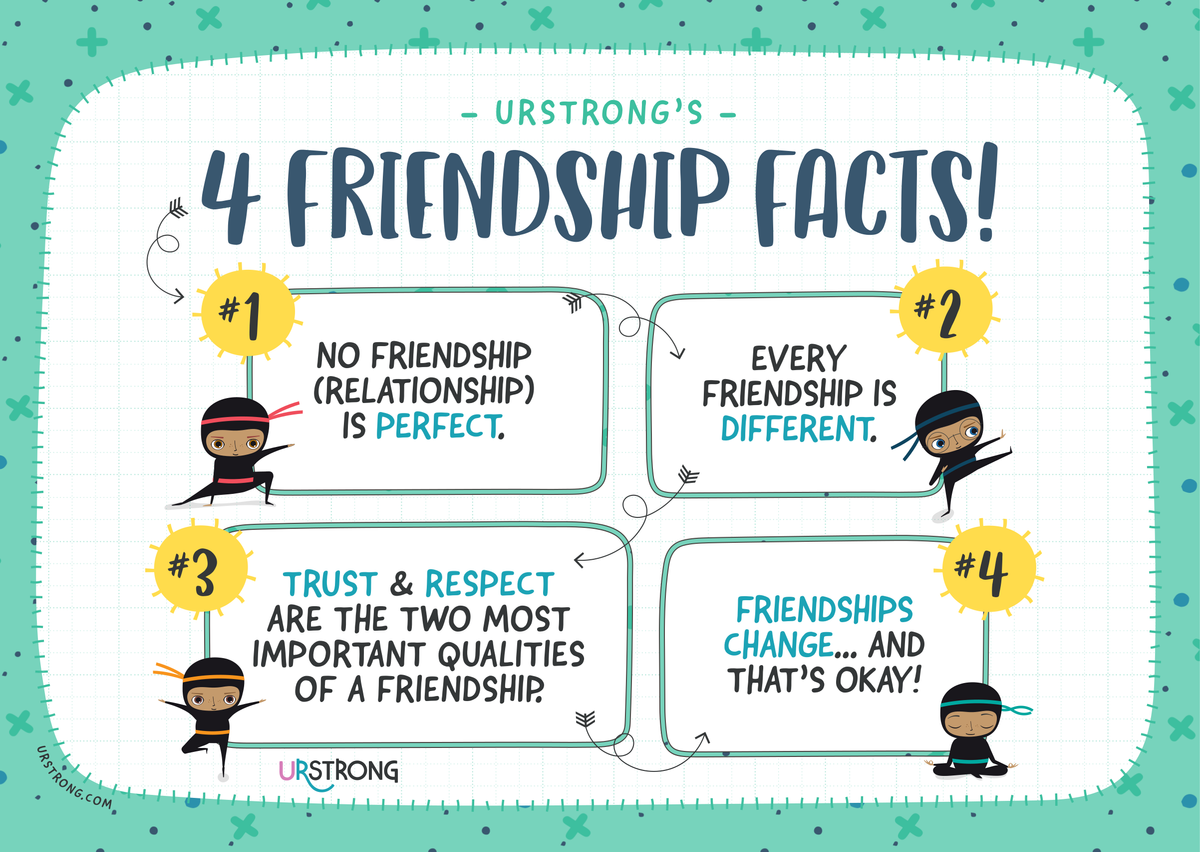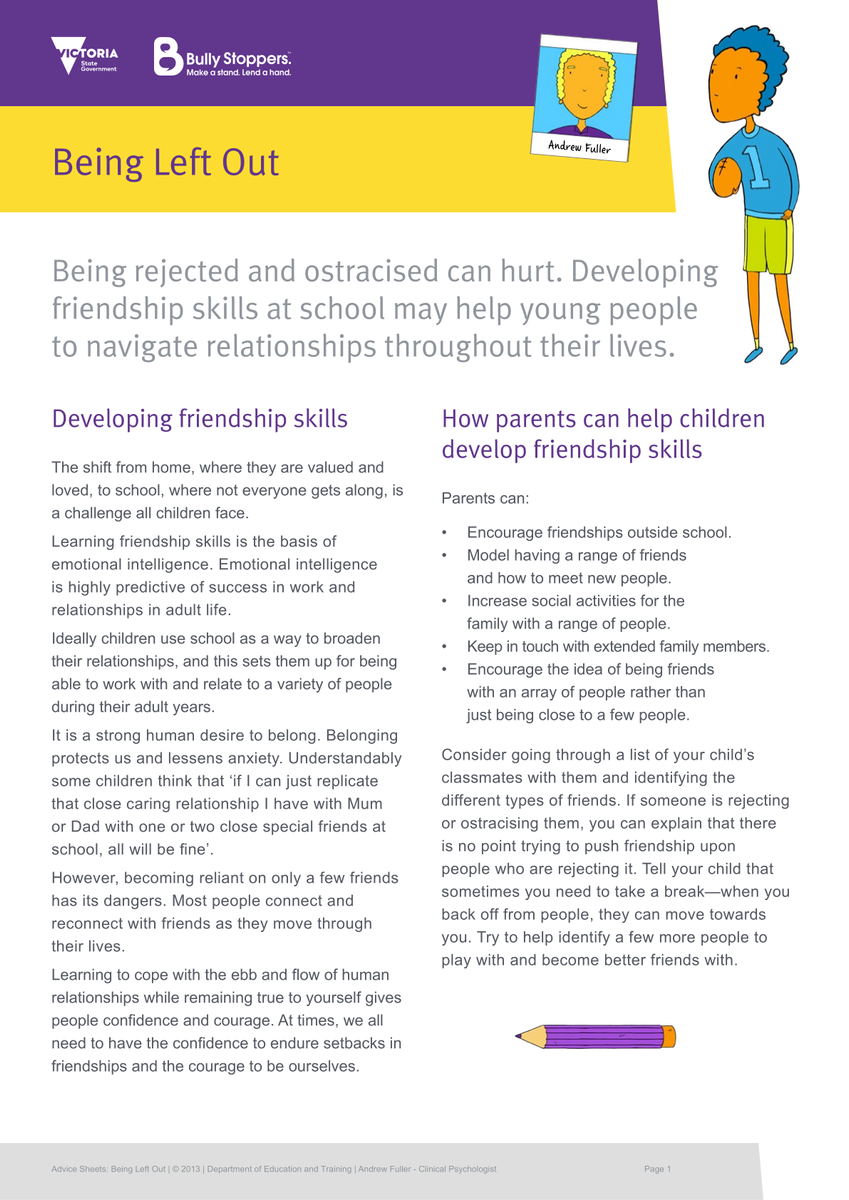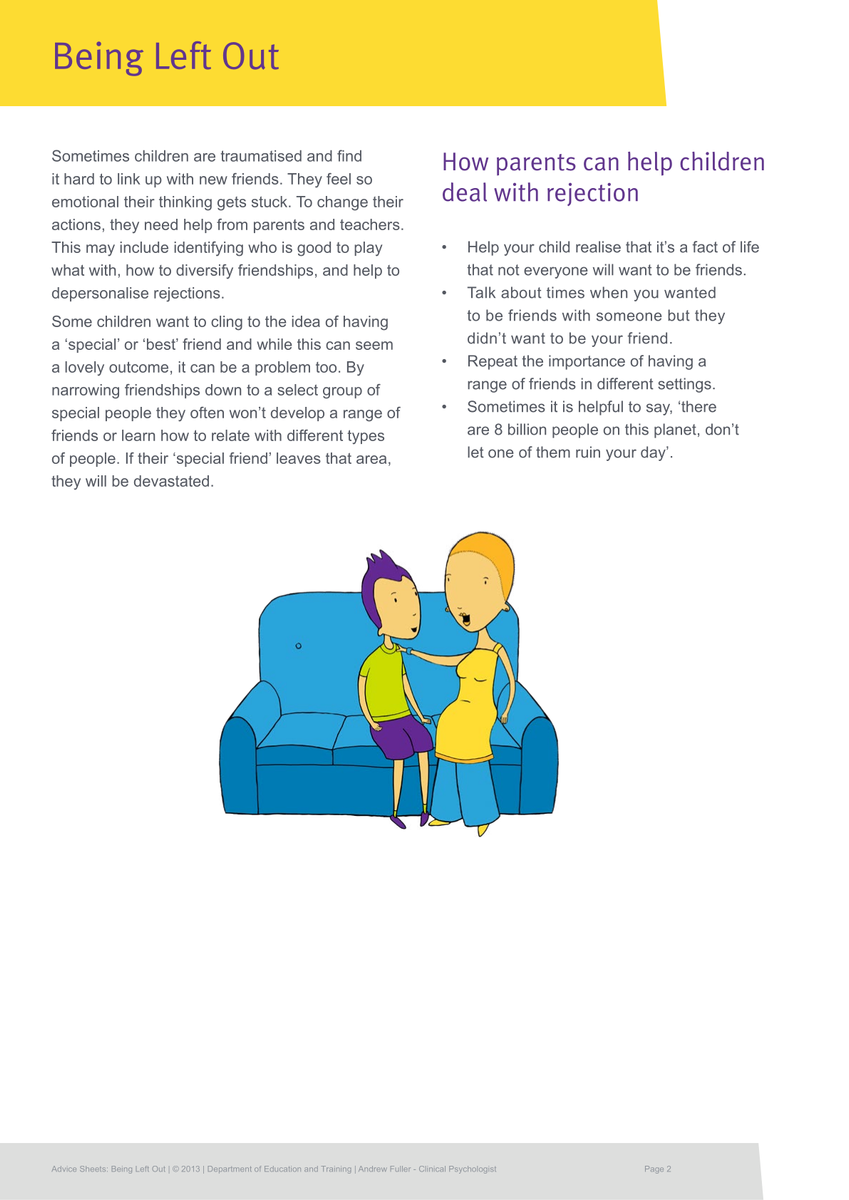And now a word from
Mrs Richards...

And now a word from
Mrs Richards...


Friendships are an important part of every child’s school experience. They bring joy, confidence, and a sense of belonging. But just like adults, children sometimes face ups and downs in their relationships with peers. At Parkdale Primary we’re committed to helping students navigate these challenges in positive and respectful ways.
That’s why we’re proud to use the URSTRONG friendship program, which teaches students how to build healthy friendships and solve problems when things go wrong. One of the tools we have begun to use in our F-4 classrooms is URSTRONG’s Four Friendship Facts, which help children understand how friendship works and how to handle tricky situations.


Here’s a quick look at these facts and how they can help children solve friendship issues:
🌟 Friendship Fact #1: No friendship is perfect.
Children learn that it’s normal to have disagreements and make mistakes in friendships. The goal isn’t perfection but understanding and forgiveness. We remind students that it’s okay to feel upset, but what matters is how we respond.
🌟 Friendship Fact #2: Every friendship is different.
This helps students understand that each friendship might look and feel different, and that’s okay! Comparing friendships or expecting all friends to act the same can cause confusion or hurt feelings. This fact encourages empathy and flexibility.
🌟 Friendship Fact #3: Trust and respect are the two most important qualities of a friendship.
We teach children to look for—and show—trust and respect in their friendships. If these qualities are missing, it might be time to have an honest conversation or take a break to reset healthy boundaries.
🌟 Friendship Fact #4: Friendships change… and that’s okay.
Sometimes, friendships naturally grow apart. That doesn’t mean someone did something wrong. This fact helps children deal with change without feeling guilt or resentment and teaches them how to move on in a healthy way.
When children understand these facts, they become more confident in solving problems, speaking up for themselves, and making thoughtful choices about their friendships.
We encourage families to talk about these facts at home and use the same language when your child brings up a problem with a friend. Together, we can create a school environment where kindness, respect, and strong social skills are part of everyday life. I have included a copy of the Friendship Facts poster that you may like to print off and have up at home. You will find below a helpful information flyer from Bully Stoppers on helping to navigate when children feel left out – a very common issue that can arise in friendships. The article was written by Andrew Fuller who Andrew is a clinical psychologist specialising in the wellbeing of young people and their families. He is the author of several books and you can access a number of really interesting articles by him at: https://theparentswebsite.com.au/column/andrew-fuller/



